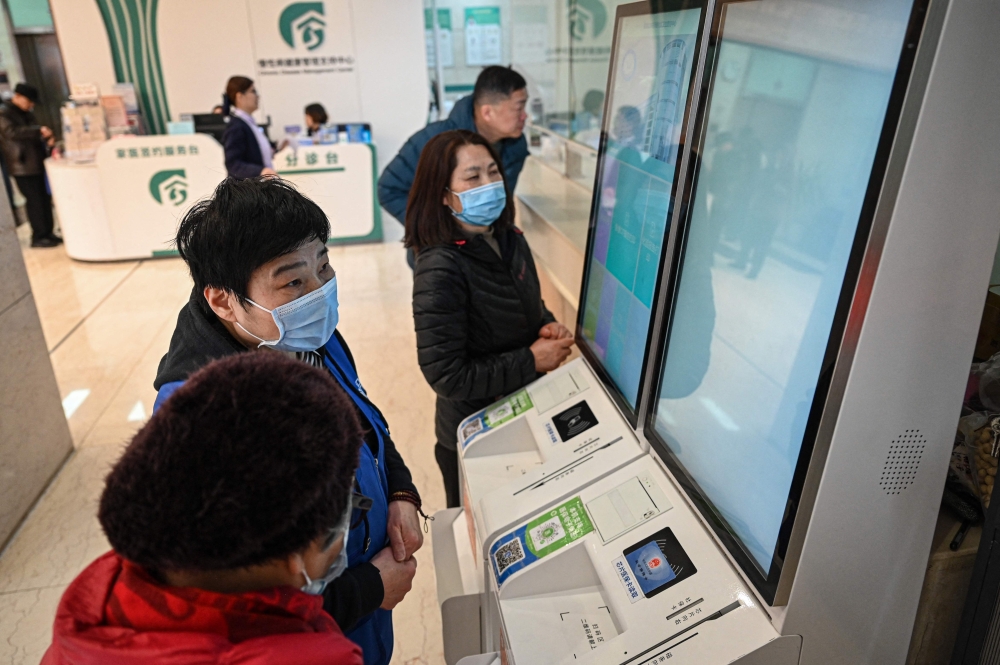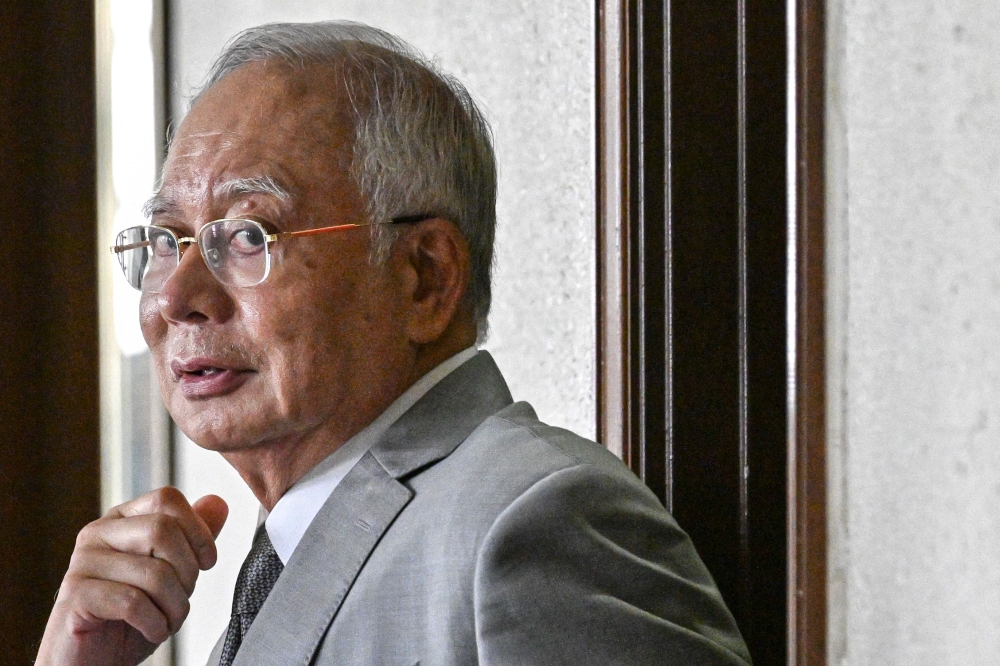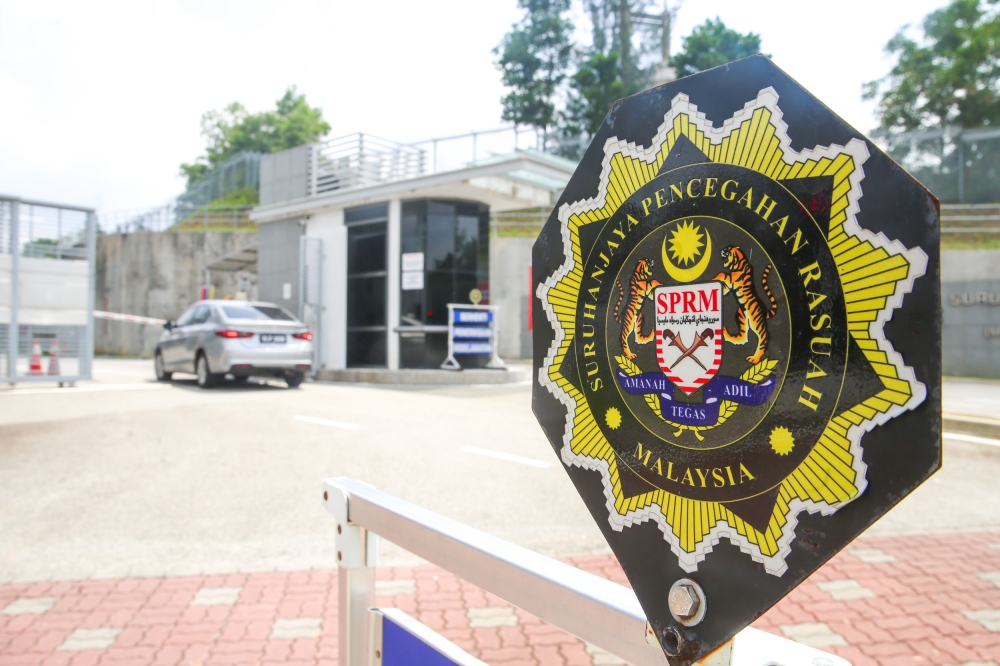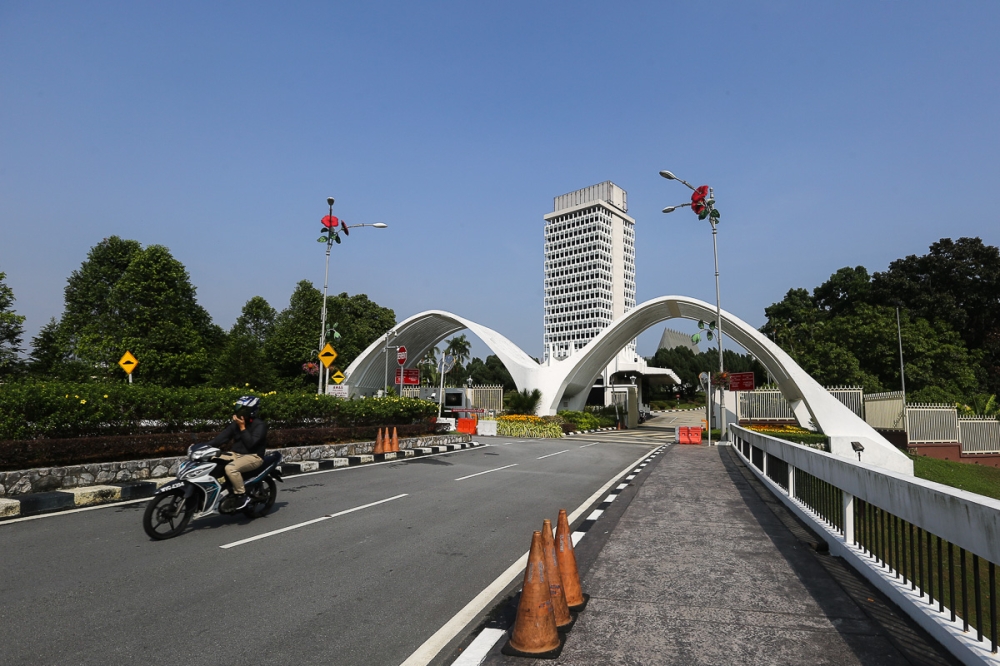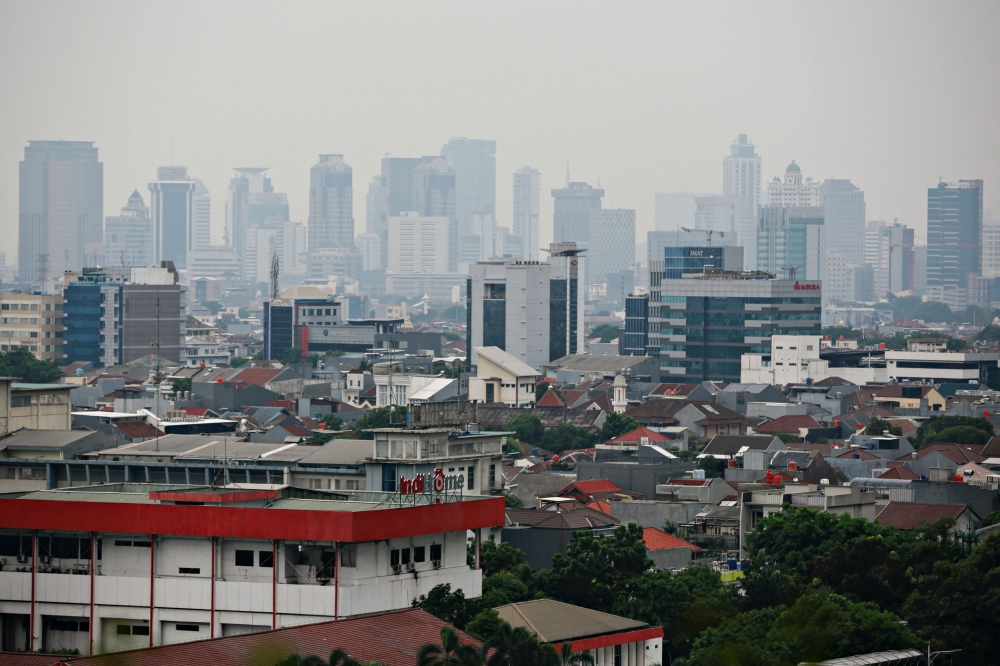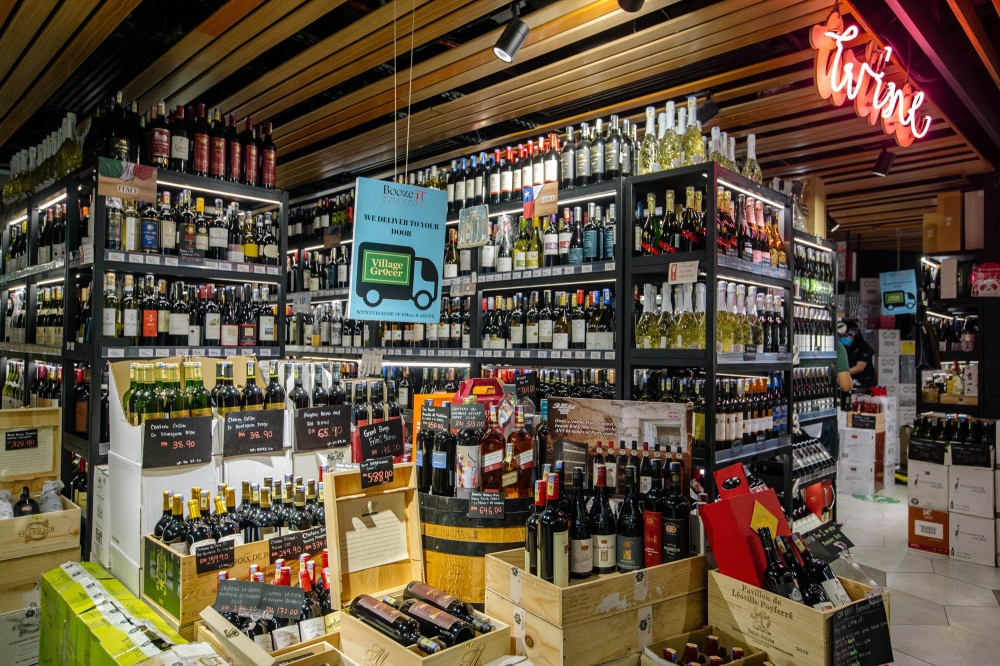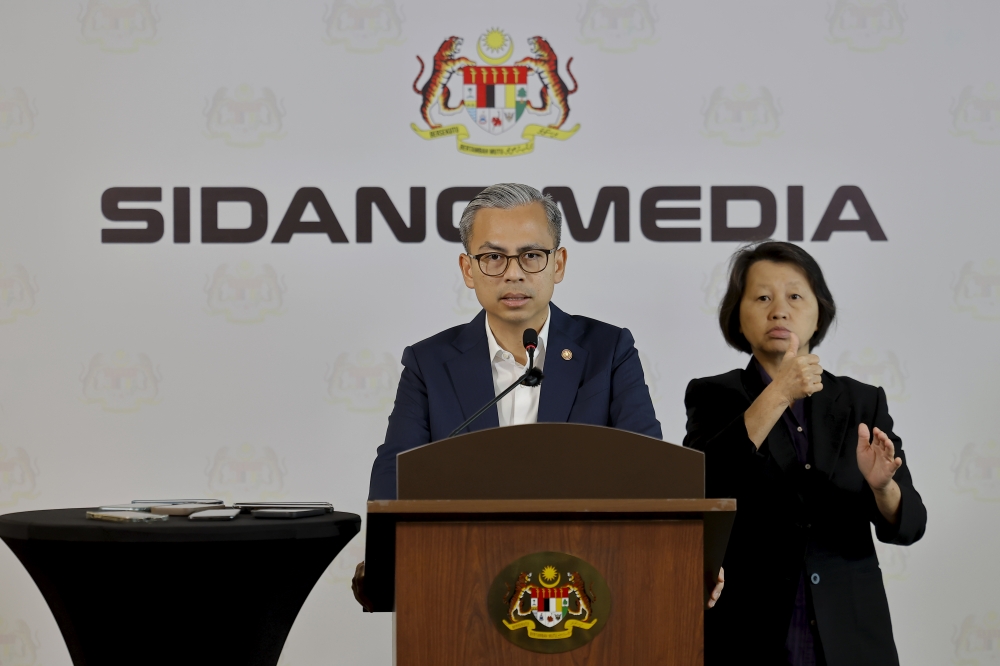KUALA LUMPUR, April 27 — Businesses, either local enterprises or international firms operating in the country, have been urged to register their concerns on regulatory barriers hindering business revival and growth, especially during the economic recovery phase, through the MyMudah platform, the Ministry of International Trade and Industry (Miti) said.
Deputy Minister Datuk Lim Ban Hong said the platform, an undertaken initiative by the Malaysia Productivity Corporation (MPC) has so far received 408 issues through the Unified Public Consultation (UPC) portal.
The programme enables feedback on unnecessary regulations on businesses.
“A conducive business climate is one of the key drivers for industries to hasten recovery, increase productivity, and improve performance.
“By eliminating the unnecessary regulatory burdens imposed on businesses, firms operate in a more encouraging business environment. Compliance costs and use of resources can be optimised,” he said in a statement.
The MyMudah initiative was launched in July last year as one of the measures to alleviate the economic impact caused by the Covid-19 pandemic.
The decision to implement MyMudah was made at the Economic Action Council (EAC) meeting chaired by Prime Minister Tan Sri Muhyiddin Yassin.
MPC director-general Datuk Abdul Latif Abu Seman said the MPC acknowledges the impact regulations have on firms, that efficient and effective regulatory delivery is crucial for business continuity and expansion.
“Since 2020, MPC and PEMUDAH have been working with relevant stakeholders to address legislative issues from the industry players.
“At firm level, MyMudah enhances efficiency, reduces cost of doing businesses, and improves confidence, while at a larger country level, the programme increases productivity and competitiveness, creates job opportunities, and stimulates economic growth,” he said.
Of the 408 issues registered through UPC, 69.5 per cent was from the service sector, 14 per cent (construction), 9.4 per cent (agriculture), 5.8 per cent (manufacturing), and 1.3 per cent (mining and quarring). — Bernama




